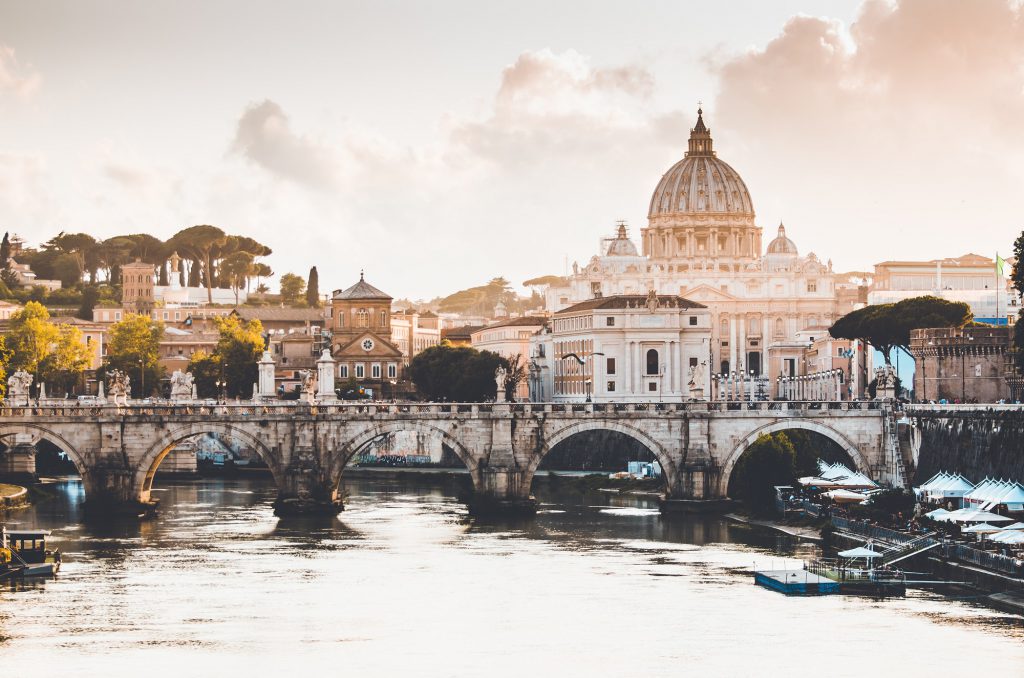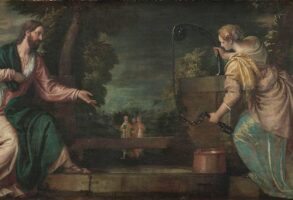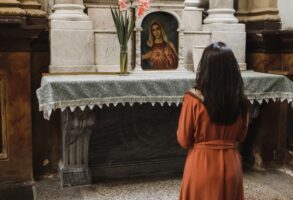
Published November 12, 2020
For those who don’t think clericalism has played a major role in the abuse crisis in the Catholic Church, the McCarrick Report published this week ought to change their minds. The report reveals an insular and bureaucratized clerical culture that served the ambitions of a man like Theodore McCarrick, who knew how to manipulate that system to his advantage, far better than it served the Church and the Gospel. And certainly, far better than it served the many victims of McCarrick’s predations.
Anyone hoping for the unmasking of a grand conspiracy will be predictably disappointed. The banality of institutional failure on this level is neither exciting nor satisfying, but it was always the most likely and plausible explanation. It still is. The report has limitations, to be sure, and leaves many questions unanswered. But it also presents a detailed and incriminating account of institutional failures spanning multiple decades and multiple pontificates.
What follows are a just few, brief reflections that I have after reading the full report:
The Limits of the Report
The report relies largely on two types of sources: archival records and interviews with relevant parties. The result is an unprecedented public look into the privileged correspondence between prelates in both the United States and Rome, and an account of allegations against McCarrick, as they were received, prior to 2017.
One can learn a lot from official correspondence and archives; what one cannot learn are precisely the kinds of details and information that would never make it into official correspondence and archives.
As for the interviews, many of the principal actors, especially from early in McCarrick’s career, are now dead. Other interviews pertain to events that are decades old. And the reliability of the interviews depends not only upon the memory of the persons being interviewed but also their honesty and candor.
A report of this kind necessarily presents an incomplete picture. It is important to acknowledge these limits to avoid both the false impression that it is a totally comprehensive account of the subject matter and the false impression that its inadequacies are evidence of deception.
Who Knew What and When?
A number of bishops and prelates, both here and Rome, were clearly aware of rumors about McCarrick by the mid-1990s. Some bishops were even aware of a small number of specific allegations against McCarrick but did do not deem those allegations credible. They reported as much to Rome. None of the prelates mentioned in the report – even those who, like Cardinal John O’Connor, recommended against further promotion of McCarrick – were willing to give any firm indication that thought McCarrick was guilty. If any had serious doubts about his innocence, none of them said as much.
Whether this was due to an eagerness to believe the innocence of a friend, a refusal to take seriously that a brother bishop could commit such acts, or to something more nefarious, is impossible to know from the report.
What’s clear is that there was simply no appetite for the kind of investigation that might actually have uncovered the truth. The risk of scandal was too great, and the deference to a brother bishop was too strong. What attempts at investigation were undertaken, usually involved bishops calling or writing to other bishops to ask what they knew about the rumors about their mutual friend, McCarrick. It wasn’t until allegations surfaced that McCarrick had abused a minor that Cardinal Timothy Dolan ordered an investigation, involving lay investigators, in 2017.
McCarrick was a Master of Deception
McCarrick was a creep and a liar. His attempts to turn anonymous allegations and rumors to his advantage underscores his capacity for manipulation. He insisted that rumors were attacks from his enemies on the right and left. In a show of transparency, he forwarded the anonymous accusations against him to the FBI and notified his own presbyteral council. He even admitted to fellow bishops, including Roman officials, that he had been “imprudent” about sharing beds with seminarians at his beach house, but that there was nothing more to it.
All the while, McCarrick went about making himself an indispensable man: ingratiating himself to his brother bishops, to the bishops’ conference, to the nuncio, to the Roman Curia, serving on countless boards and charitable organizations, making dozens of international trips on behalf of the Church, and building close partnerships with wealthy and politically connected friends.
What the Popes Knew
Prior to McCarrick’s appointment to DC in 2000, Rome asked four bishops who had served with McCarrick to assess his fitness for promotion, particularly regarding the persistent rumors about his conduct. According to the report: “Three of the four American bishops provided inaccurate and incomplete information to the Holy See regarding McCarrick’s sexual conduct with young adults. This inaccurate information appears likely to have impacted the conclusions of John Paul II’s advisors and, consequently, of John Paul II himself.”
Pope Benedict mostly comes off as ineffectual in the report – unwilling to impose formal sanctions on McCarrick, and either unwilling or unable to enforce the informal “indications” by which McCarrick was instructed to keep a low profile.
Pope Francis seems to have given little thought to McCarrick prior to 2017. The limitations Benedict had placed on McCarrick were, according to Viganò, a “dead letter” before Francis was even elected. Orders from Rome to the former nuncio to investigate further allegations against McCarrick in 2012 were never carried out. Upon his election, Francis showed no interest in re-examining the way McCarrick had been handled by his predecessors.
Unanswered Questions
The report raises a host of other questions: Why was the CDF not consulted, as was the ordinary protocol, before the approval of McCarrick’s appointment to Washington? Who leaked to McCarrick the contents of Cardinal O’Connor’s confidential letter recommending that McCarrick not be promoted out of Newark? Will there be repercussions for high-ranking prelates – Cardinals Donald Wuerl and Kevin Farrell come to mind – whose claims to ignorance about McCarrick in 2018 are directly contradicted by this report?
The greatest lingering question is this: What assurance do we have that this report is not colored by the same blinkered, self-coddling, clerical culture it describes in such detail? That is a question as difficult to answer as it is to avoid.
© 2020 The Catholic Thing.
Stephen P. White is executive director of The Catholic Project at The Catholic University of America and a fellow in Catholic Studies at the Ethics and Public Policy Center.








